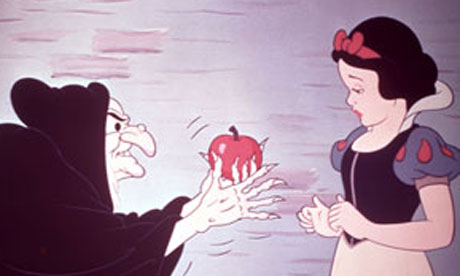
Most people, if asked which foodstuffs will help you sleep, would probably put their money on roast turkey, followed by Christmas pudding and a small mountain of mince pies, washed down with copious amounts of wine and port. So it's disconcerting when the first course arrives at Monastrell restaurant in Alicante, southern Spain. I am here because its celebrated chef, María José San Román (once summoned to the White House to consult on paella making), claims she knows of a secret ingredient that during the Roman empire was prized for its soporific qualities, and has built a "sleep menu" around it.
But the starter, at least, doesn't say snooze to me. It's a plate of grilled octopus, gorgeously aromatic and peppery, chopped into discs. However, according to Elisabeth Weichselbaum of the British Nutrition Foundation, like milk (the classic bedtime drink), seafood contains tryptophan, "an amino acid that increases our serotonin. Serotonin is a natural sedative and it makes us sleepy." Other foodstuffs high in tryptophan include bananas, tofu, nuts, whole grains and a Spanish staple: chickpeas.
Weichselbaum points out, though, that it's even more important to avoid overloading your digestive system if you want a good night's sleep. This is certainly the common-sense line that San Román seems to be following. The second course is a light and delicate pumpkin "lasagne" doused in a sage and chicken broth.
Next, the main course of turbot with lemon calamari is just as simple and fresh. In fact it's all lovely but I'm still not convinced that any of this is actually going to help me sleep tonight. The secret ingredient would need to be something very powerful indeed. I live in Alicante, where insomnia is a way of life. The local annual festival, Hogueras, even includes something called "la despertà" ("the wake-up"), where, for five days, a brass band walks the streets from 8am playing rousing music and chucking firecrackers, to make sure nobody's sneaking any extra sleep after the all-night parties.
Some sleep experts are doubtful about the concept of eating yourself sleepy. Professor Kevin Morgan of Loughborough University's Sleep Research Centre is suspicious even of the claim that milk helps insomniacs. "Back in the late 1970s," he says, "Horlicks commissioned some trials and they did seem to show that milky drinks promoted sleep . . . [But] they'd tended to recruit people who like having a milky drink before they go to bed. If you get a group of people together who wouldn't dream of drinking three quarters of a pint of viscous fatty liquid, and you got them to drink a mug of Horlicks, it would actually disrupt their sleep. People who don't generally drink these drinks, don't benefit from doing so. The secret is regularity and ritual. When your diet is part of that ritual your diet will promote sleep."
He says that while there's plenty of evidence that some substances prevent us from sleeping (fatty foods, excessive alcohol, coffee), there's very little that actually encourages sleep. After my meal though – which is topped off with a lemon sponge and an extraordinary olive oil sorbet that tastes just like ice-cream – San Román reveals that the secret ingredient was in the lasagne. It's the highly expensive spice saffron (which is essential for paella).
"Saffron is the sleeping pill!" she says. "If you put saffron on your tongue it will fall asleep. I remember when my kids were small and their teeth were coming out, my mother would say: 'You have to put saffron on their teeth.' It has the same effect on the stomach."
And, intriguingly, a 2009 study at Mashhad University in Iran revealed an extract of saffron did have soporific qualities, on mice at least. "The mice trial is interesting," concedes Morgan. "The rodent model of the nervous system has served us well. There is something worth investigating here. Most products currently used for insomniacs started their lives in scientific laboratories being injected into rodents."
Later, at home, I lie down and wait for sleep. Then, after five minutes, I turn the light on and make a note for this article. This happens twice but I do fall asleep within an hour. Not bad at all, for me. And my Spanish dining companion? She emails the following morning to say that her sleep was, "ininterrumpido, inmediato y muy muy profundo."

